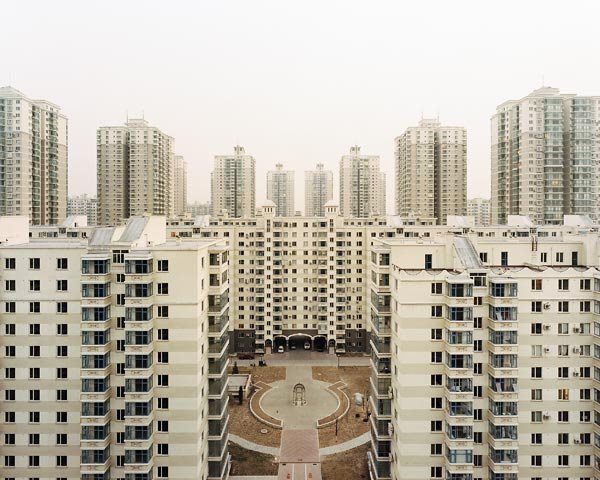 In the old days, village officials in China’s arid north would pray to the gods for rain. These days, when rainfall is badly needed to end droughts – or, increasingly, to clean up the city in advance of Beijing’s “Green Olympics” – the government doesn’t need to offer sacrifices to the heavens: it shoots chemicals at them with anti-aircraft cannons.
In the old days, village officials in China’s arid north would pray to the gods for rain. These days, when rainfall is badly needed to end droughts – or, increasingly, to clean up the city in advance of Beijing’s “Green Olympics” – the government doesn’t need to offer sacrifices to the heavens: it shoots chemicals at them with anti-aircraft cannons.
While China has been using rainmaking technology since the 1980s to stem droughts, the worst rash of sandstorms to hit Beijing in a decade has given officials new cause for aiming at the skies: giving the city a good rinse. After the roughest of last month’s sand attacks dumped 330,000 tons of sand on the city, the government responded by launching seven rocket shells and burning 163 pieces of “cigarette-like sticks” containing silver iodide. And voila! “The heaviest rainfall in Beijing this spring,” reported Xinhua.
While the effects of rainmaking on local ecosystems and health still remain unknown, there’s something disconcerting about forced rainfall (and it’s not just because cleaning the city apparently must involve chemical apparatus suggestive of a cigarette). “It’s a passive solution, it’s not a solution at all,” says Wen Bo, the local representative for the San Francisco-based group Pacific Environment. Like the “green wall” of trees currently being built to shield Beijing from sand, Wen says rainmaking is at best a quick fix to the sandstorms, which magnify the health dangers of the city’s already heavy smog. Beach weather in Beijing would be better addressed, Wen says, by local governments in nearby Hebei and Inner Mongolia making greater efforts to improve irrigation and vegetation practices and replanting trees.
Complicating the matter, as two recent government studies demonstrate, is disagreement over the cause of sandstorms. One study blames traditional spring ploughing techniques, which loosen topsoil prior to planting, while another identifies the routes that such storms take to reach Beijing, pinpointing the origin not in Chinese farmlands but in the deserts of Mongolia. Whatever the causes may be, Wen worries that rainmaking in Beijing threatens to “wash away not just the dirt, but people’s memory” of the actual problem – a case of saving face, but not necessarily the environment. Alex Pasternack

No comments:
Post a Comment